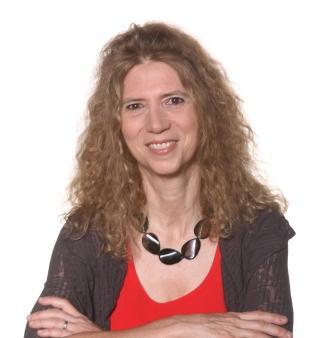Prof. Michal Irani
Biography
Michal Irani is a Professor at the Weizmann Institute of Science, Israel, in the Department of Computer Science and Applied Mathematics. She received a B.Sc. degree in Mathematics and Computer Science from the Hebrew University of Jerusalem, and M.Sc. and Ph.D. degrees in Computer Science from the same institution. During 1993-1996 she was a member of the Vision Technologies Laboratory at the Sarnoff Research Center (Princeton). She joined the Weizmann Institute in 1997. Michal’s research interests center around computer vision, image processing, and video information analysis. Michal’s prizes and honors include the David Sarnoff Research Center Technical Achievement Award (1994), the Yigal Allon three-year Fellowship for Outstanding Young Scientists (1998), and the Morris L. Levinson Prize in Mathematics (2003). She received the ECCV Best Paper Award in 2000 and in 2002, and was awarded the Honorable Mention for the Marr Prize in 2001 and in 2005.
Lecture Abstract
Title: “Blind” Visual Inference
In this talk I will show how “blind” visual inference can be performed by exploiting the internal redundancy inside a single visual datum (whether an image or a video). The strong recurrence of patches inside a single image/video provides a powerful data-specific prior for solving complex tasks in a “blind” manner. The term “blind” here is used with a double meaning: (i) Blind in the sense that we can make sophisticated inferences about things we have never seen before, in a totally unsupervised way, with no prior examples or training data; and (ii) Blind in the sense that we can solve complex Inverse-Problems, even when the forward degradation model is unknown.
I will show the power of this approach through a variety of example problems (as time permits), including:
- “Blind Optics” — recover optical properties of the unknown sensor, or optical properties of the unknown environment. This in turn gives rise to Blind-Deblurring, Blind Super-Resolution, and Blind-Dehazing.
- Segmentation of unconstrained videos and images.
- Detection of complex objects and actions (with no prior examples or training).

